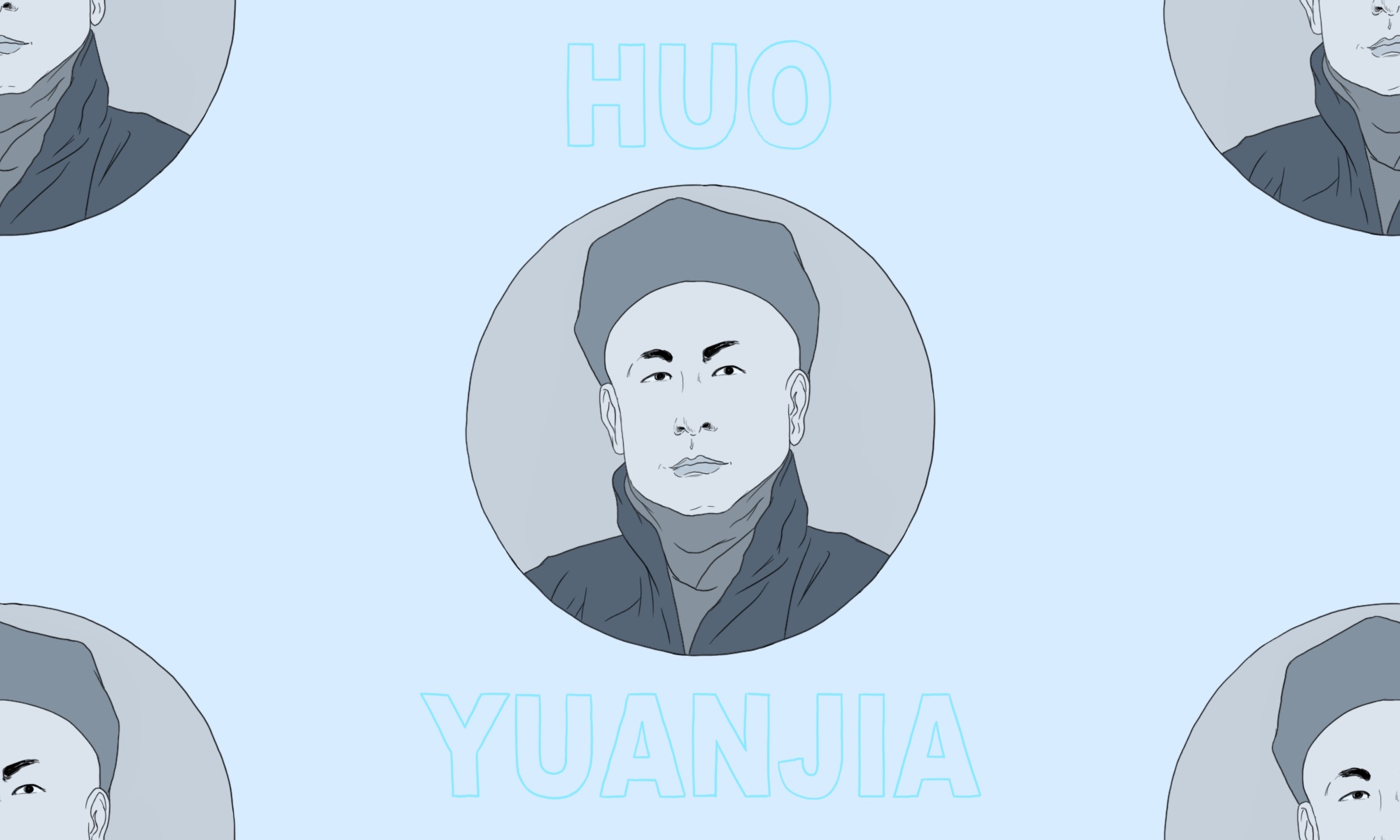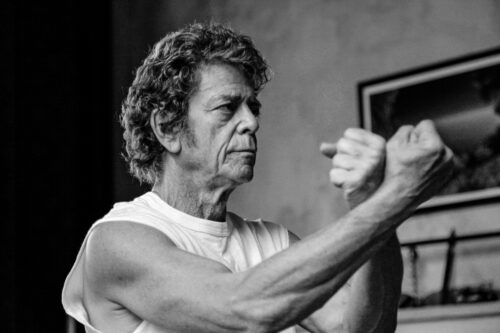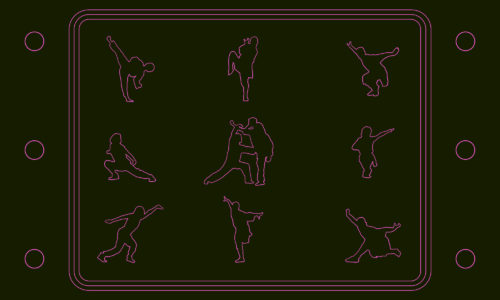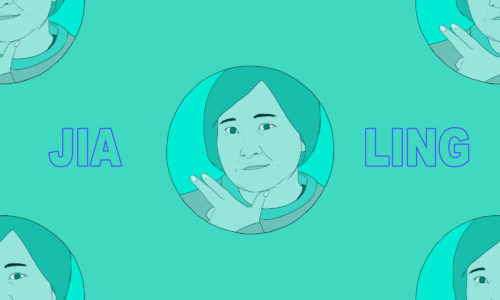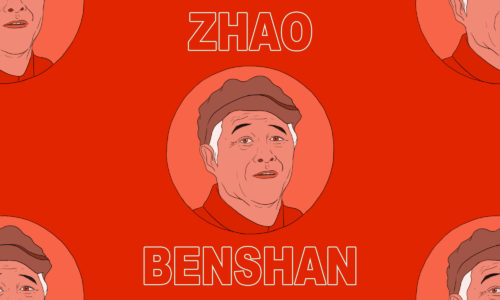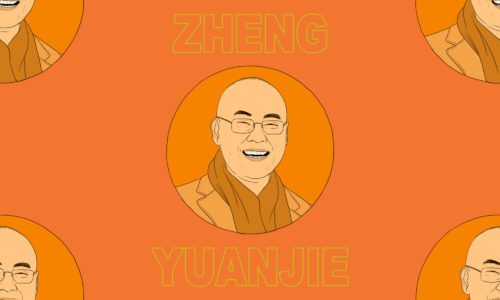It was the talk of Tianjin. A Russian wrestler, calling himself the strongest man in the world, challenged any one to try and beat him in a fight at the arena at Xiyuan Park. No one came forward. He jeered in leaflets that Chinese were “the Sick men of Asia.”
It was a low blow. This was 1901 and China, once the center of the world, was only halfway into its so-called “century of humiliation” (百年耻辱). It had been defeated by the Japanese, a former vassal state, in 1895. The Boxer Rebellion was nearly over, China’s martial arts proving no match for European firearms. Beijing was victim of plunder by foreign armies while the Imperial court fled the city. The country was being carved up, its population riddled with opium addicts. Truly, the mighty had fallen.
But a beacon of hope came from the man who finally answered the Russian’s challenge. A martial arts (or “wushu”) master named Huo Yuanjia.
Who is Huo Yuanjia?
It’s hard to discern fact from fiction in the life of this man, now more legend than historical figure. But for most, that doesn’t matter. China needed a symbol of resolve, resilience, and resistance for this bleak period, and he was that symbol.
Born Tianjin 1868, Huo was hardly prime fighting material, a sickly child whose skin and eyes were yellowed by jaundice. That would have been disappointing for his family; they may have been farmers, but they were respected for the closely guarded family secret of Mizongquan. This was their own brand of kung fu, developed for service as bodyguards, taught in full to sons of the family and in part to any students who had the money to learn.
It was how Huo’s father made his living, guarding merchant caravans shuttling between Tianjin and Manchuria. He refused to teach young Huo because of his illnesses, intending him to become a bureaucrat.
But while Huo studied, all he wanted was to learn the family trade. He would spend hours peeping through a hole he’d made in the courtyard wall, observing his father teaching Mizongquan — a technique favoring leg sweeps, high kicks, and jumps — then practicing them for hours on his own. Being defeated by boys three years younger than him only made him train harder.
For 10 years, his parents never knew — until a contest between his family and a disrespectful challenger, who defeated one of Huo’s older brothers. Huo stood up and made short work of him, in full view of his father. He was accepted as his student on the spot. He would go from strength to strength, protecting monks from bandits while working with his father as a guard and defeating numerous challengers in prearranged tournaments. He developed a name as a formidable opponent, gathering disciples desperate to learn his methods.
But martial arts was not just for sport or self-defence. Ever since monks had developed the art in the remote Shaolin monastery in Henan Province, from the 7th century onwards, it had also been a way to cultivate physical and mental discipline. Practicing day after day built resolve. Although muscle strength was important, so was the subtle power of a firm will.
At this moment, China needed to show it had both. So it was that in 1901, Huo Yuanjia accepted the Russian’s challenge. But the fight never happened — the Russian admitted he’d just been trying to drum up publicity for himself, and forfeited the match. He’d never expected any Chinese to actually accept. According to some sources, Huo made him write a letter of apology for the newspapers.
The next foreign challenger came eight years later, another strongman with the stage name of Hercules O’Brien. No one’s sure of his nationality (British or Irish?), or his real name. Huo accepted O’Brien’s mocking taunts to a fight, traveling all the way to Shanghai to do so. We don’t know if he actually fought O’Brien — some say the man fled before the match, while others say Huo defeated him.
And then came the Japanese. Huo’s doctor was Japanese, inviting him and his school to fight a Japanese judo club. Things turned ugly in the contest between one of Huo’s disciples — the match was disputed, leading to a full-on scrap. It’s reported that 10 people from the Japanese contingent were badly injured with broken arms or hands, including the kung fu instructor. It made Huo famous, a defender of China’s tattered honor. The judo contingent was sent back to Japan by embarrassed Japanese officials.
Around these fights was wrapped the legend of the indomitable fighter, wedded to defending the nation’s honor. This is the story many older Chinese know from numerous loose TV adaptations of his life, or films starring big kung fu names like Bruce Lee and Jet Li — Huo going against a posse of arrogant foreigners, each prize fighter taken by surprise by the lithe agility of their Chinese opponent.
His reputation set him in good stead to set up the Jing Wu Athletic Society, the first modern school for the martial arts. Initially a small building of reeds and bamboo on the outskirts of Shanghai, it rapidly attracted students and some of the best martial artists from across the country.
It sought to give students a firm grounding in the profession. Whereas previous practitioners had sought to teach only one form of the martial arts, Jing Wu taught classes in several different disciplines. Although there’s evidence Huo withheld some of the choice moves in his family’s armory, the academy made kung fu more accessible, bringing it out of the family courtyard and into public spaces of education.
Its signature move was the “cross shaped routine,” the combatant threading his limbs through those of his opponent to hurl them off balance. “If you know cross-shaped form, you can defeat half the heroes in the world,” trumpeted the Annals of Jingwu, 1919.

Republican Era statesmen saw martial arts as a way to strengthen the country and rebuild national confidence. The Jing Wu school gained the patronage of Sun Yat-sen (孙中山 Sūn Zhōngshān), who lamented the Chinese abandonment of martial arts with the rise of European firearms, “thus the people in our society have become increasingly weak.” Chiang Kai-Shek (蒋介石 Jiǎng Jièshí) admired its ability to “enable the learner to remain calm and serene, to coordinate his mind and muscles, and to strike home with the full force of both.” The school was dedicated to self-improvement as much as combat training.
Huo died suddenly in 1910. Although he had suffered from illnesses for most of his life, his disciples suspected his medicine had been poisoned when being treated for tuberculosis. Almost all films and TV shows support this claim, with vengeful Japanese characters the usual culprits. But there is no hard evidence for this. Although traces of arsenic were found on his pelvic bone during an exhumation of his remains in 1989, it’s equally possible this came from one of the arsenic-laced poultices of traditional Chinese medicine.
His importance has recently been on the wane. Traditional kung fu movies have gone out of fashion, with younger generations knowing his name through an eponymous song by Jay Chou celebrating the honor and dignity of martial arts. Perhaps many still recognize his name and know it has something to do with beating foreigners, but little else. It’s the older generations that understand his importance as a butt-kicking Chinese champion through popular culture.
But a new movie dramatizing Huo’s life was released on iQiyi in April. A new TV series will also be coming out on CCTV later this month. Furthermore, the spirit for which Huo was a figurehead is only on the up. One smash-hit TV remake of Huo’s life from the 1980s contained the theme tune, “The Great Wall Never Falls,” a song celebrating China becoming great again. It earned a spot in this year’s Spring Festival Gala, sung by Jackie Chan. The whole country watched as he sang: “There’s always a bandit who wants to break in / You’ll end up dead…. / Ask me which country is sick?… / How can we let our land get trampled on again?” (历来强盗要侵入/最终必送命…/问我国家哪像染病…/岂让国土再遭践踏.)
Just 10 days later, the Wall Street Journal decided to publish an op-ed titled, “China is the Real Sick Man of Asia.” Weibo users still rage about this months later. It led to the government deporting three WSJ journalists.
It’s an insult with a toxic history, reminding of national drug addiction and Japanese aggression. Some believe the only response is to make the offender eat their words. Literally, in Bruce Lee’s case at the end of this clip (here playing one of Huo’s disciples; Japanese rivals had presented the Jingwu School a banner emblazoned with the insult):
Call the Chinese “sick men” today, and you’re asking for trouble.
Chinese Lives is a weekly series. Previously:
Viya, China’s most popular (and hardest-working) livestreamer
